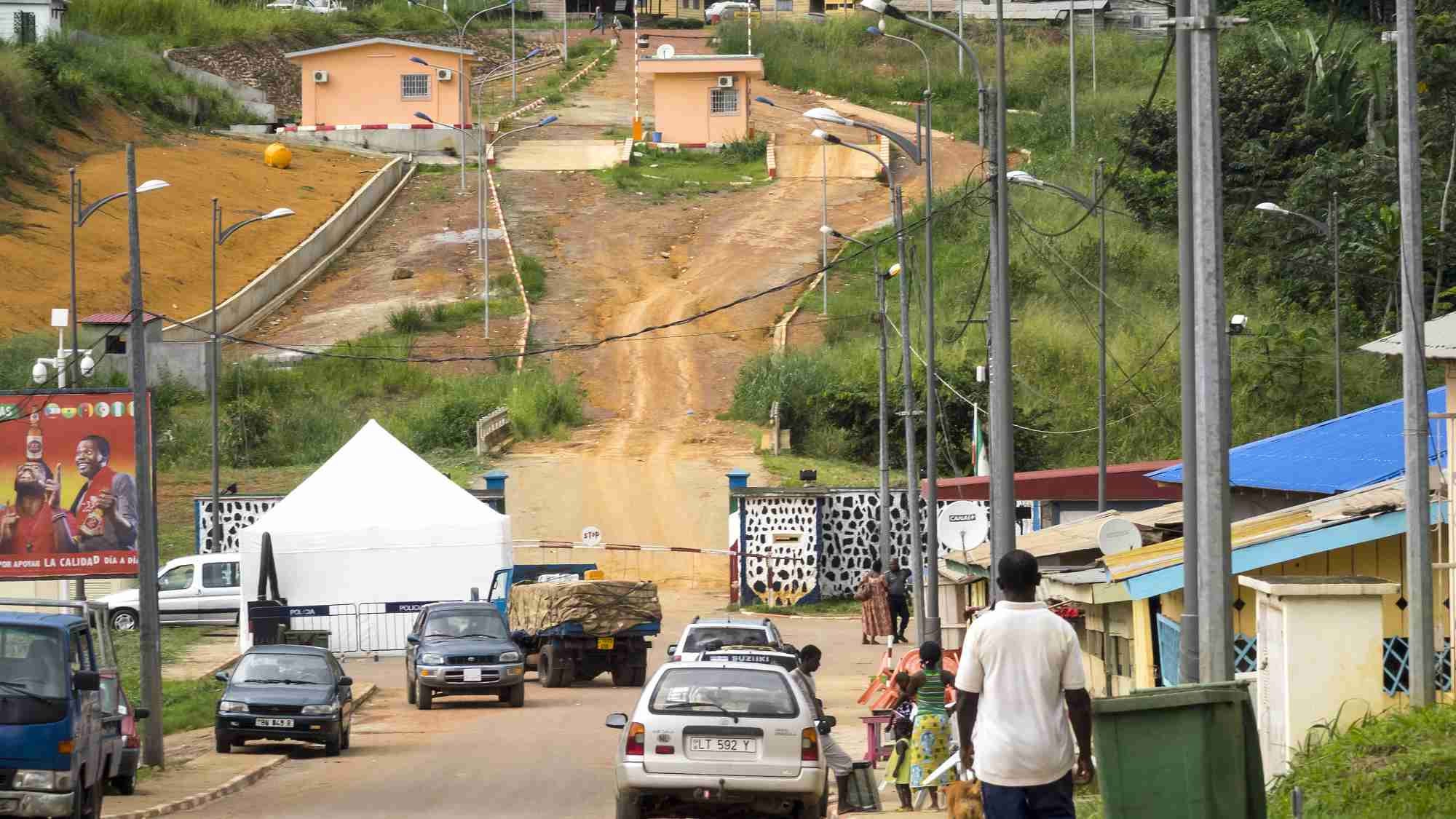The first Ebola outbreak since the crisis in West Africa that killed 11,300 people has been declared in northeast Democratic Republic of Congo, the World Health Organization (WHO) said Friday, after the virus caused three deaths in the area.
In a television address, Health Minister Oly Ilunga confirmed the cases while urging the population "not to panic."
The country "has taken all necessary measures to respond quickly and efficiently to this new outbreak," he said.
Specialist teams were headed for the area and hoped to arrive within 48 hours.
The DR Congo outbreak is the first there in three years. The three deaths all occurred since April 22.

The Ebola epidemic that began in west Africa in 2013 killed 11,300 people and led to a clinical vaccine trial. /AFP Photo
The WHO said it was working closely with DR Congo authorities to help deploy health workers and protective equipment in the area, which is difficult for teams to access as it is “in a very remote zone, very forested,” in order to "rapidly control the outbreak."
The organization underlined the importance of tracing people who had contact with confirmed victims to prevent the disease spreading.
Sufferers are advised to keep themselves isolated while awaiting treatment for a disease whose incubation period is 21 days.
The WHO said the outbreak, the eighth to date in DR Congo, had affected an equatorial forest region difficult to access in Bas-Uele Province, bordering Central African Republic.
The last instance of Ebola in Congo in 2014 lasted for three months. With no link to an outbreak in neighboring states at the time, it was quickly contained but still killed 49 people according to official figures.
In 2013, an Ebola crisis began in Guinea, Sierra Leone and Liberia.

Border wall and gate with Gabon with tent for Ebola isolation in the town of Mongomo, Equatorial Guinea in Africa /CFP Photo
Liberia was the last of those states to be declared clear in January 2016. Congo's outbreaks have all been in areas not linked to the West African cases.
Last week, the WHO said almost 12,000 people had participated in a ground-breaking vaccine trial the agency organized in Guinean capital Conakry through to January last year.
Final results from the trial published in The Lancet released last December showed the experimental vaccine offered protection against the virus and would help to bolster an early response to future outbreaks.
The vaccine is now awaiting formal licensing clearance.

Graphic showing how the Ebola virus attacks following the latest outbreak in the Democratic Republic of Congo /AFP Photo
Ebola is a viral illness whose initial symptoms may include a sudden fever, aching muscles and a sore throat, with subsequent symptoms including diarrhoea and vomiting and, on occasion, internal and external bleeding.
Humans can catch the illness from close contact with infected animals.
Inter-human transmission can then occur through direct contact with infected blood or bodily fluids. Mourners can also catch it if they have direct contact with the bodies of victims at funerals.
(Source: AFP)
9722km










